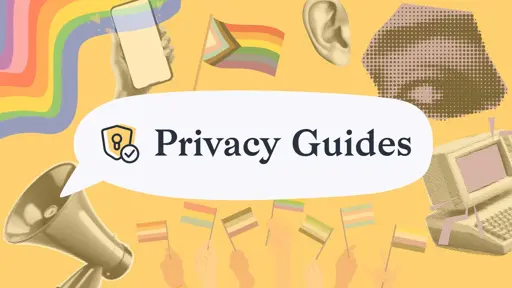Matrix is going Freemium and WhatsApp is adding ads, which is sparking the annual “time to leave [app]” threads.
Users don’t care that much about privacy, but they do care about enshittification, so XMPP not being built for it shouldn’t be a problem.
Meanwhile, I’ve heard for years that XMPP has solved a lot of the problems that lead more popular apps to fail.
Is it really just a marketing/UX/UI problem?
If XMPP had a killer app with all the features that Signal/Whatsapp/Telegram has, would it have as many users?
If not, why does it keep getting out-adopted by new apps and protocols?



Simply: XMPP is a protocol, and non-tech people don’t know “protocols”, they know “apps”, at best.
Plus XMPP has challenges (and I’ve used it since about 2000, on my phone in 2009).
E2E is possible, but problematic (in that it’s not simply just “on”).
Even worse, none of the apps look polished…it’s all clumsy, there’s no one app on all OS’s. And the names, FFS us geeks need to get a fucking clue.
And I use XMPP every day on my phone and laptop.
That’s just not true. All XMPP clients have support OTR out of the box for probably 15 years.
OTR is a janky kind of encryption that doesn’t have a modern analogue any more. It requires both (or all?) participants to be connected to each other simultaneously in order for messaging to work.
With mobile devices, this is very bad.
It’s also not doing great:
It’s also one of three different encryption standards…
They know SMTP, SMS, MMS, etc. (or at least how to use them). That’s not the problem.
E: if you reply to this comment without actually reading it, you’re going to be blocked.
No, they don’t.
Go talk to people, they have no idea what you’re talking about.
Non-tech people barely know apps. They use email, or a given messenger. They have no idea the underlying technology - they only think in terms of functionality or use.
SMS/MMS just means “text messaging” to people. They don’t know the difference between that and Apple Messages, because they see both as apps.
Hell,most people don’t even know which SMS app they use on a daily basis - that’s how little they understand the difference between protocol and app (and SMS isn’t even really a protocol).
I’ve been explaining SMS to technical people since 1996, and they often struggled with it.
I’ve been in Enterprise IT since the 90’s, and have friends in the SMB space. In both worlds the user’s are clueless about underlying protocols, and only think in terms of the app itself.
Read more closelier
You need contextual comprehension. They do not need reading comprehension.
The only time a non technically inclined friend said the letters “SMTP” to me, they were asking why their email wasn’t working.
Read more closelier
I would be surprised if most people had desktop email clients. And of those who do, I imagine most of them didn’t even see “SMTP” on the setup screen, or have since forgotten.
Likewise, most people have no idea what the difference is between SMS and MMS, or even why phones will send one type vs the other. Mostly people just complained “my picture won’t send” even during the height of the protocols.
I don’t know how to be more clear about this: all I said was that they know how to use them.
They know how to use them … because they are used by apps that come pre-installed on every device anyone uses.
There is a HUGE difference between circumstantial usage and actual, intended usage.
There is a reason Microsoft got sued to hell for including IE in Windows. Apparently along with Congress and every other law maker, you also do not understand why MS had to offer alternatives to IE, etc.
You may as well be saying, “everyone knows how to use TCP!”
No, they know how to use them because it is basically required just to exist in the modern world.
Using an app that happens to use a protocol is a FAR CRY from undersranding the protocol or what a protocol even is.
Generally they’ll know them as texting and email, they don’t know the names of the protocols underneath.
I have an elderly relative recently ask me why the email on their phone wasn’t on their computer.
(it was an SMS.)